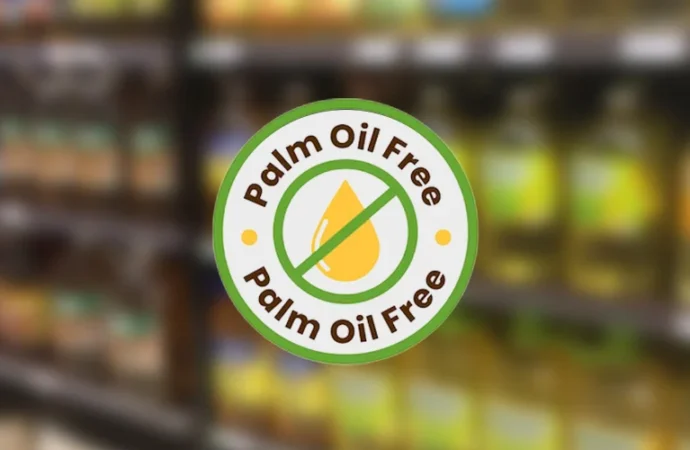Palm Oil Isn’t the Enemy, Marketing Is
The Indian Food and Beverage Association (IFBA) has strongly criticised the growing trend of ‘No Palm Oil’ labels on consumer products, calling them a marketing gimmick that misleads consumers. The association asserted that companies use these labels to exploit public fears about health, despite palm oil’s long-standing and essential role in Indian diets since the 19th century. IFBA pointed out that palm oil remains one of the most affordable, versatile, and stable edible oils, widely used by global brands for its nutritional value and long shelf life. They argued that selective branding tactics have distorted public perception, giving rise to false fears rather than informed choices.
Social Media Trends Shouldn’t Drive Dietary Choices
In today’s digital age, IFBA warned that social media trends often dictate food choices, overshadowing science-based nutritional guidance. They expressed concern that influencers, lacking proper expertise, often spread half-truths that confuse the public. According to IFBA, labels such as ‘Palm Oil Free’ have become tools to play on consumer fears, especially in the fast-moving consumer goods (FMCG) sector.
Misinformation Hurts Farmers, Economy, and Consumers Alike
India consumes about 26 million tonnes of edible oil annually, including 9 million tonnes of palm oil. IFBA highlighted that discouraging palm oil use without a scientific basis could mislead consumers, harm the farming community, and trigger unintended economic consequences.
Science Over Hype: Experts Defend Palm Oil’s Nutritional Role
Deepak Jolly, chairperson of IFBA, stated, “Palm oil plays a valid role in a healthy and balanced diet. But these ‘No Palm Oil’ claims mislead the public by placing marketing narratives above scientific facts. Such tactics divert attention from the importance of overall dietary balance. They also threaten India’s journey toward self-reliance and hurt stakeholders across the board — from farmers and producers to consumers and the national economy.”
ICMR Guidelines Endorse Edible Oil Rotation, Including Palm Oil
Shilpa Agrawal, director of scientific and regulatory affairs at IFBA, added, “The 2024 Dietary Guidelines for Indians, issued by ICMR-National Institute of Nutrition, recognise the value of tocotrienols found in palm oil, which help lower cholesterol and support heart health. The guidelines recommend rotating different edible oils, including palm oil, to maintain a balanced fatty acid intake. These recommendations come from science, not social media speculation.”
IFBA urged both brands and consumers to approach food choices with informed judgment and nutritional understanding, rather than falling for catchy labels that distort facts.
Source: Food & Beverage News
 Food Manifest
Food Manifest 


















